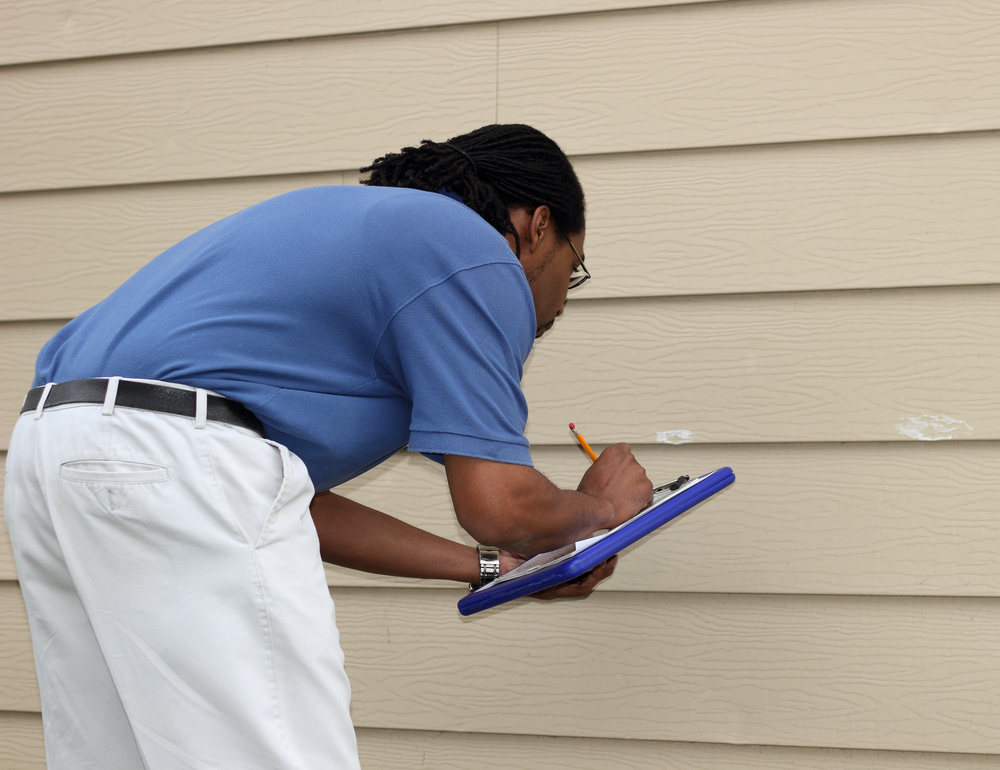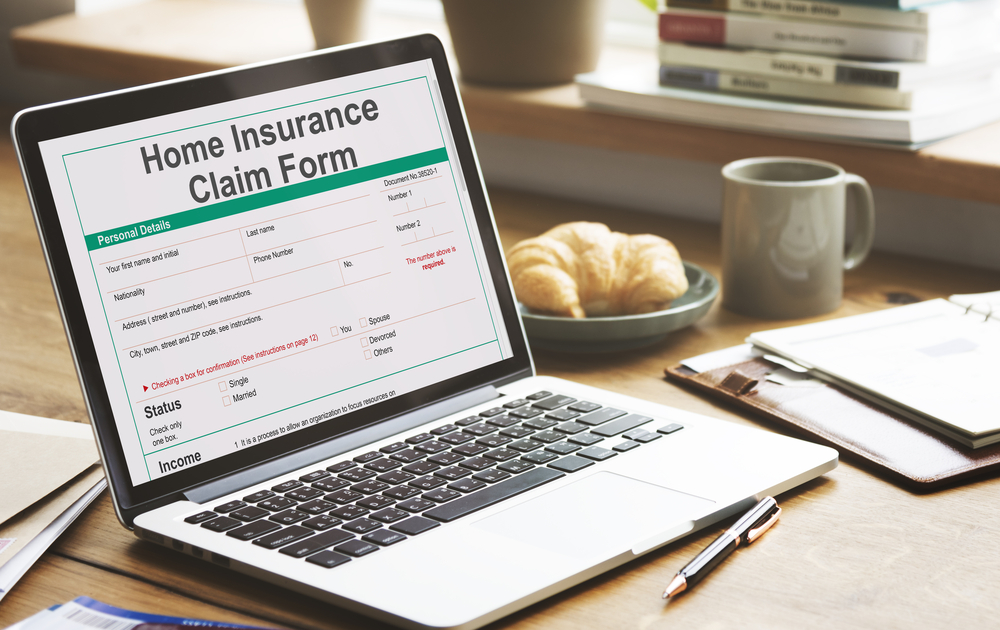What NOT to Say When Filing a Homeowner’s Insurance Claim

What if a single careless word ended up costing you thousands of dollars?
When it comes to filing a homeowner’s insurance claim, you’ve probably heard horror stories about insurance not paying out. Sometimes, this is because the damage was caused by something that isn’t covered, such as a flood. More often than you might think, though, claims get denied because of something the homeowner accidentally said when filing.
What are the insurance claim mistakes you need to avoid, and how can you save money and improve the odds of getting paid? Keep reading to discover the answers!
Why Is Accurate Claim Reporting Important?
Below is our full list of “what not to say.” Understanding the claim process’s “dos and don’ts” is a great way to ensure your claim pays out. Before we go any further, though, we need to remind you of the golden rule: never intentionally lie to your insurance carrier.
Lying to your carrier or selectively leaving out important information regarding your claim may result in a felony fraud charge. This is why it’s important to be completely truthful during the process.
What is the purpose of our guide, then? Simply put, many people are nervous and flustered after their home is damaged, and they may accidentally say something that allows the carrier to deny the claim. With this guide, you’ll know exactly what not to say.
What If You Accidentally Say You Failed to Maintain Property?
When you begin communication with your insurance company about damage to your home, they will need to know more about what happened. While speaking to them, make sure you don’t accidentally say that you might have failed to maintain the property. For example, if a fire damages your house, it would be unwise to say that you couldn’t remember if you ever bought a fire extinguisher.
Your insurance will cover accidents like home fires in most cases, but the carrier will most likely deny you if you mention that you failed to maintain your property in any way, which could range from not having an extinguisher in the house to not fixing leaks when you see them. If the company thinks an accident happened or was made worse by your own neglect, you likely won’t see any money.
Should You Speculate About Things Like Leaving a Window Open
One of the worst things that can happen to your home is water damage from an intense storm. Not only can the water damage much of your property quickly, but it can also fill your house with mold that is dangerous to you and your family. Fortunately, storms are covered by most policies, so your carrier would typically take care of this damage.
However, when you are flustered and speaking with a representative, don’t speculate that you might have accidentally left a window or door open ahead of the storm. As with the previous example, this may cause your insurance company to think you are partially or even largely to blame for the damage, and they will most likely deny your claim.

Should You Say That Never Read Your Policy?
There are a few claim filing tips that are useful for every single homeowner when the time comes. And here is one of the biggest ones: never admit to your carrier that you never really read your policy in the first place.
Policies can be long and confusing, but they effectively serve as your contract with the insurance company. If they deny a claim you feel they should cover, your knowledge of your policy (including what is and is not covered) will allow you to fight back. However, if an unscrupulous carrier hears you admit that you haven’t read or don’t understand your policy, they may use this as an excuse to try to deny your claim.
What If You’re Not Sure If Things Are Covered?
On a related note, make sure that you don’t say things like “I’m not sure this is covered” when contacting the insurance company. Why is that? Simply put, what you say shortly after your home is damaged will impact not only your ability to get your claim processed but your ability to fight back if it is denied.
Should it be denied, you’ll always have the chance to appeal that decision. Whether that appeal is successful will depend heavily on you gathering enough evidence for your defense. Admitting that you don’t know what is and is not covered at the beginning may hurt your chances and, as we noted, may give unscrupulous carriers the opportunity to take advantage of you.
What If You’re Not Sure Which Possessions Were Damaged?
A major part of your homeowner’s insurance is protection for your personal property. Such coverage is very important because even a little water damage or a brief fire may be enough to ruin expensive possessions such as furniture or personal electronics completely.
If you’re worried about your personal property getting damaged, make sure you don’t say anything to the effect of “I’m not sure what was even damaged” when speaking with your carrier. There are two reasons for this: it’s important to document the damage before making a claim, and this would be an admission that you failed to do so. And two, you should always have a personal inventory of your valuable possessions, and saying you don’t know what has been damaged means admitting you have no such inventory, which will seriously affect the odds of your claim paying out.
Get the Best Homeowner’s Insurance You Deserve
Now you know more about what not to say when filing a claim, especially if you’re worried about your carrier taking advantage of you. But do you know where you can find both the insurance company and the coverage you deserve?
Here at InsureOne, our top priority is serving homeowners just like you. To discover how we can help you file a claim and save as much money as possible, get a quote online, give us a quick call at 800-836-2240, or visit one of our convenient nearby offices at your earliest convenience!


